
Selected reviews about elderly care communities
Selected reviews about elderly care communities offer valuable insights into the experiences of residents and their families. These reviews can highlight the strengths and weaknesses of different communities, helping you make an informed decision when choosing the right care for your loved one.
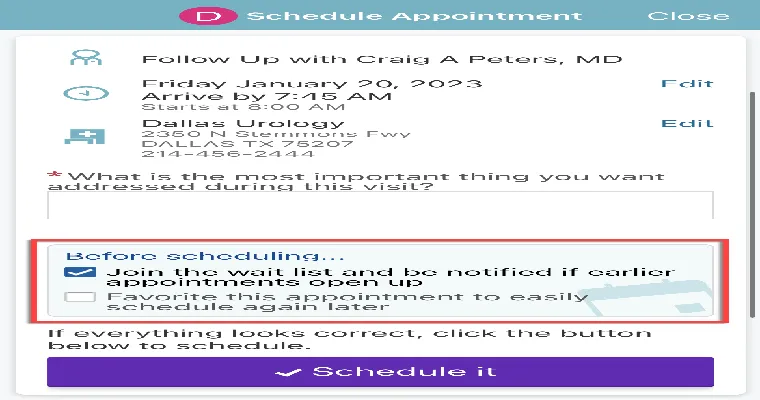
If I am my mom's POA for healthcare, and she gives me permission, can I check her test results and send messages, etc., on MyChart?
If you are your mom's Power of Attorney for healthcare and she grants you permission, you can access her test results and send messages through MyChart. It's important to ensure that her consent is documented and that you follow any specific guidelines set by the healthcare provider.

How to get POA for healthcare from a neglectful spouse?
To obtain a Power of Attorney for healthcare from a neglectful spouse, gather evidence of their inability to make informed decisions. Consult an attorney to understand the legal process in your state, complete the necessary forms, and ensure they are properly signed and witnessed. Present your case to a judge if needed.
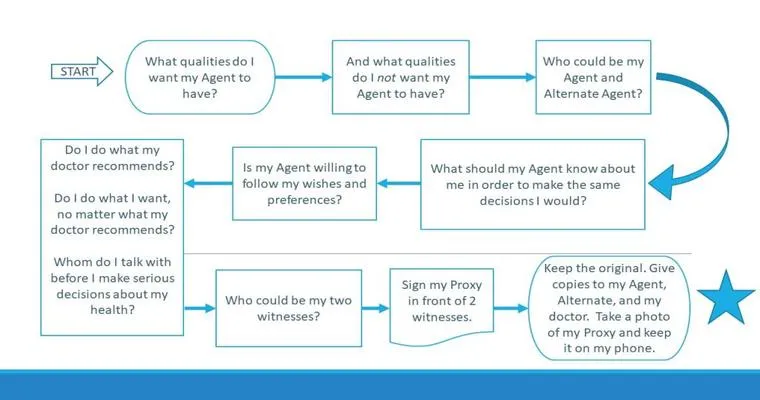
If I have my parent's POA and health proxy in my possession, can they revoke it?
Yes, parents can revoke a Power of Attorney (POA) and health proxy at any time, as long as they are mentally competent. Revocation typically involves creating a written notice or document stating the revocation and notifying the designated agent and relevant institutions to ensure the change is recognized.

How do I handle friends who try to make me feel guilty about no longer being a primary caregiver to an aging parent?
Navigating feelings of guilt from friends regarding caregiving can be challenging. It's important to communicate your boundaries and remind them of your reasons for stepping back. Surround yourself with supportive individuals who understand your situation, and prioritize self-care to maintain your well-being while managing the complexities of caregiving roles.

Should I leave my job to take care of my father who has Multiple Sclerosis?
Deciding whether to leave your job to care for a father with Multiple Sclerosis involves weighing personal and professional responsibilities. Consider the emotional and financial implications, available support systems, and your father's needs. Reflecting on your priorities and seeking advice from trusted friends or professionals can help you make the best decision.
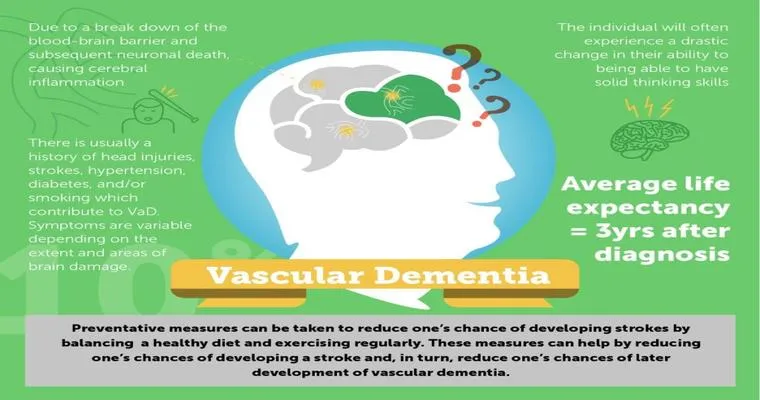
Anyone deal with sudden onset vascular dementia caused by chronic strokes?
Sudden onset vascular dementia can arise from chronic strokes, leading to cognitive decline and memory issues. Individuals may experience changes in behavior, confusion, and difficulty with daily tasks. Caregivers often face challenges in providing support, requiring understanding and resources to manage the condition effectively while maintaining quality of life for affected individuals.

My mom is in hospice at my home. She kept saying last night turnaround please turnaround. What does this mean?
In hospice care, patients often express thoughts or desires related to their end-of-life journey. Your mom's plea to "turnaround" may suggest a longing for comfort, a desire for relief from pain, or a wish to reconnect with loved ones. It reflects her emotional state and the complexities of her experience.
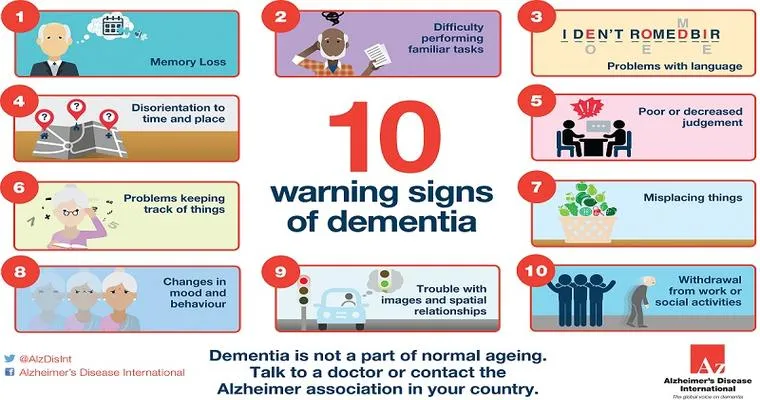
New concerning symptom of dementia?
Recent studies have identified changes in personality and behavior as a concerning symptom of dementia. Individuals may exhibit increased irritability, mood swings, or apathy, which can significantly impact their social interactions and quality of life. Recognizing these changes early can aid in timely diagnosis and intervention.

Mom remembers her delusions, and forgets about her hallucinations. I wonder if they come from different parts of the brain?
Mom often recalls her delusions vividly, yet her hallucinations fade from memory. This discrepancy raises questions about their origins in the brain. Delusions may stem from cognitive processes, while hallucinations could involve sensory perception. Understanding these differences might reveal insights into her unique mental experiences and their underlying neurological mechanisms.
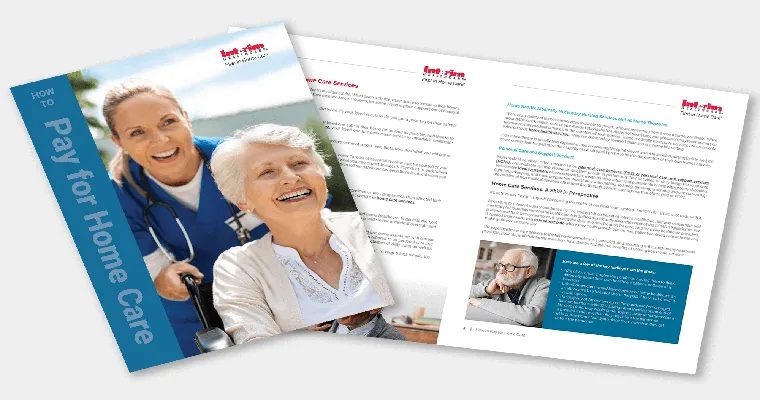
How to Pay for Home Care
Paying for home care can involve various options, including private funds, long-term care insurance, and government programs like Medicaid or Medicare. Assess your financial situation and explore available resources. Additionally, consider discussing payment plans with care providers to find a solution that fits your budget and needs.
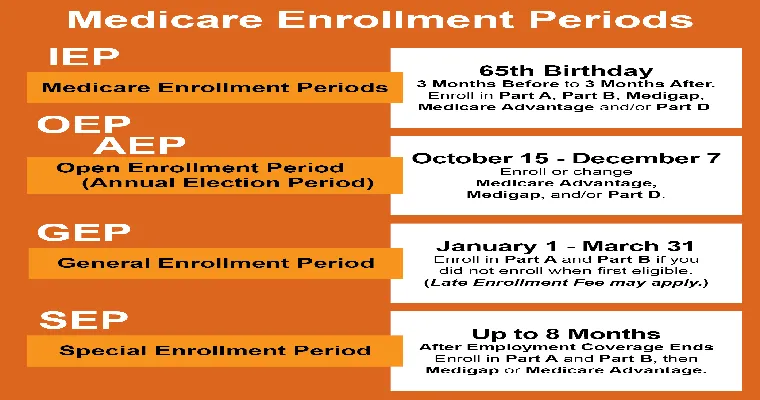
6 Steps to Prepare for the Medicare Open Enrollment Period
Preparing for the Medicare Open Enrollment Period involves reviewing your current plan, understanding coverage options, assessing healthcare needs, comparing costs, gathering necessary documents, and seeking assistance if needed. This proactive approach ensures you make informed decisions about your healthcare coverage and avoid gaps in benefits for the upcoming year.
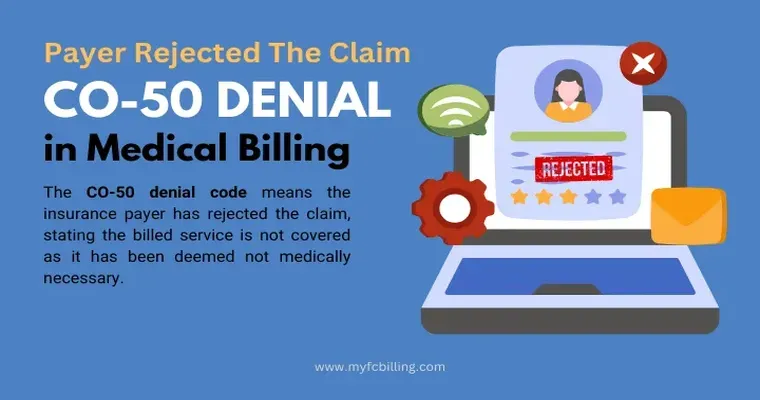
How to Spot Medical Billing Errors and Appeal Health Insurance Claims
To identify medical billing errors, review statements for discrepancies between services received and billed amounts. Check for duplicate charges or incorrect codes. If you notice an error, gather necessary documentation and contact your insurance company to initiate an appeal, providing clear evidence to support your claim for resolution.
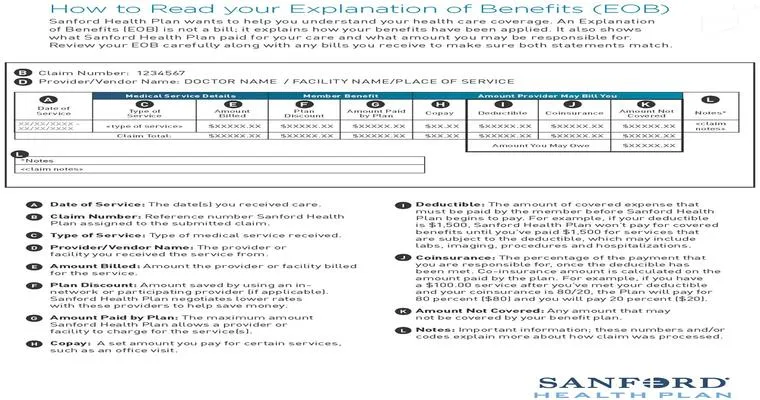
How to Read Explanation of Benefits Statements
Understanding Explanation of Benefits (EOB) statements involves reviewing the details of your healthcare claims. Focus on the services provided, the amounts billed, what your insurance covers, and your financial responsibility. This information helps you track medical expenses and ensures accurate billing, clarifying any discrepancies between providers and insurers.
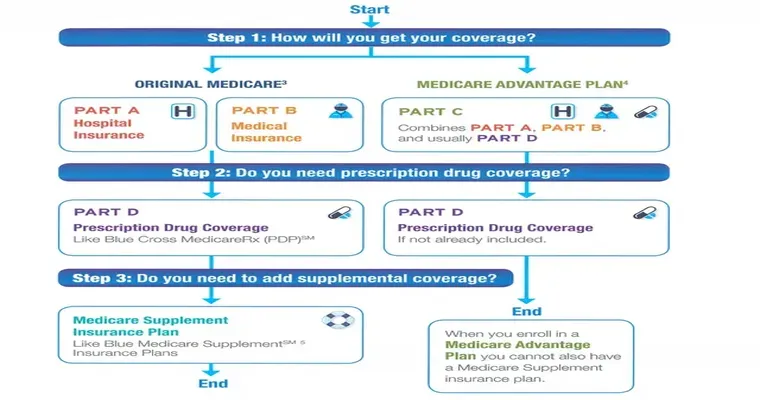
Getting Health Insurance Coverage Before Medicare Eligibility
Obtaining health insurance coverage before becoming eligible for Medicare is crucial for managing healthcare costs and ensuring access to necessary services. Options may include employer-sponsored plans, individual marketplace insurance, or Medicaid, depending on income and circumstances. Securing coverage early helps bridge the gap and provides financial protection during the transition.

Well, Dad has finally reached the time when he isn't able to care for himself at home alone any longer.
Dad has reached a stage where he can no longer manage daily tasks on his own. The challenges of living independently have become overwhelming, prompting the family to consider alternative care solutions. This transition marks a significant change, highlighting the emotional complexities of aging and the need for support.
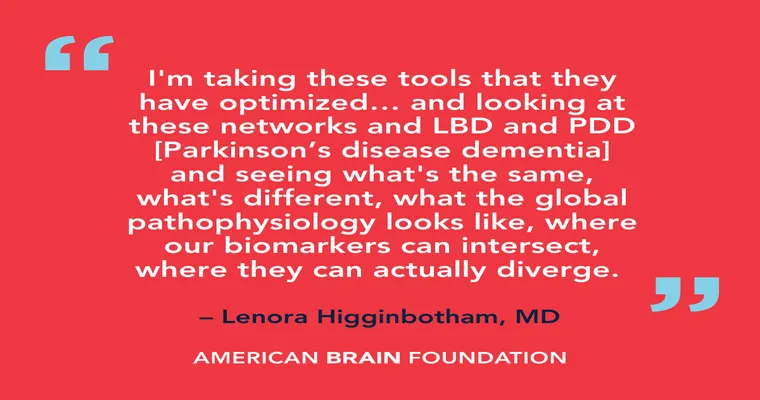
I'm looking for information on Lewy Body Dementia?
Lewy Body Dementia is a progressive neurological disorder characterized by the accumulation of abnormal protein deposits in the brain. Symptoms may include fluctuations in cognition, visual hallucinations, and motor issues similar to Parkinson's disease. Understanding its impact on daily life and available support options is essential for patients and caregivers.

Mom 82 yrs. old talks about someone living under our house. No basement, a closed off crawl space with spiders.
At 82 years old, Mom shares her peculiar belief about a presence living beneath our home. Despite the absence of a basement, she insists that the closed-off crawl space, filled with lurking spiders, is inhabited. Her stories blend humor and fear, creating an intriguing mystery that captivates our family.

My mom and hallucinations.
My mom has always had a vivid imagination, but her recent experiences with hallucinations have added a surreal layer to her reality. These episodes reveal her fears and memories, often blurring the line between what is real and what is not, challenging our understanding of her world and our bond.

Dad on hospice care with feeding tube.
Dad is in hospice care, receiving compassionate support as he faces the challenges of his illness. A feeding tube provides him with essential nutrition, ensuring his comfort during this difficult time. Family members gather around him, cherishing moments together and offering love and encouragement as they navigate this journey.
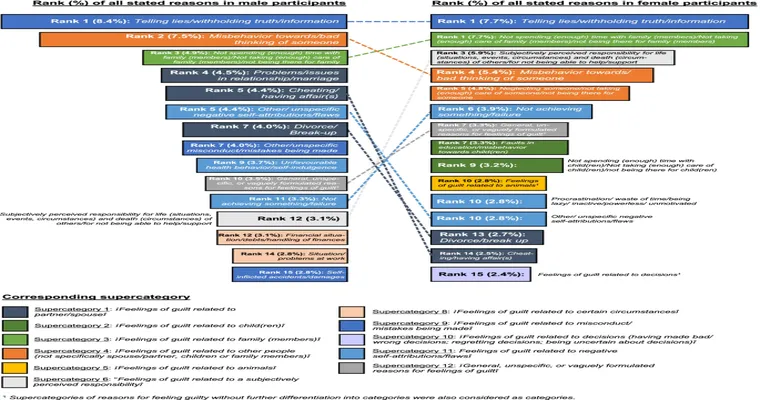
Feelings of guilt. What are we all so afraid of?
Feelings of guilt often stem from our fear of judgment, rejection, or failing to meet expectations. We worry about the impact of our actions on others and ourselves, creating an internal struggle. This emotional burden can lead to anxiety and self-doubt, prompting us to seek forgiveness and understanding.
Page 67 of 134